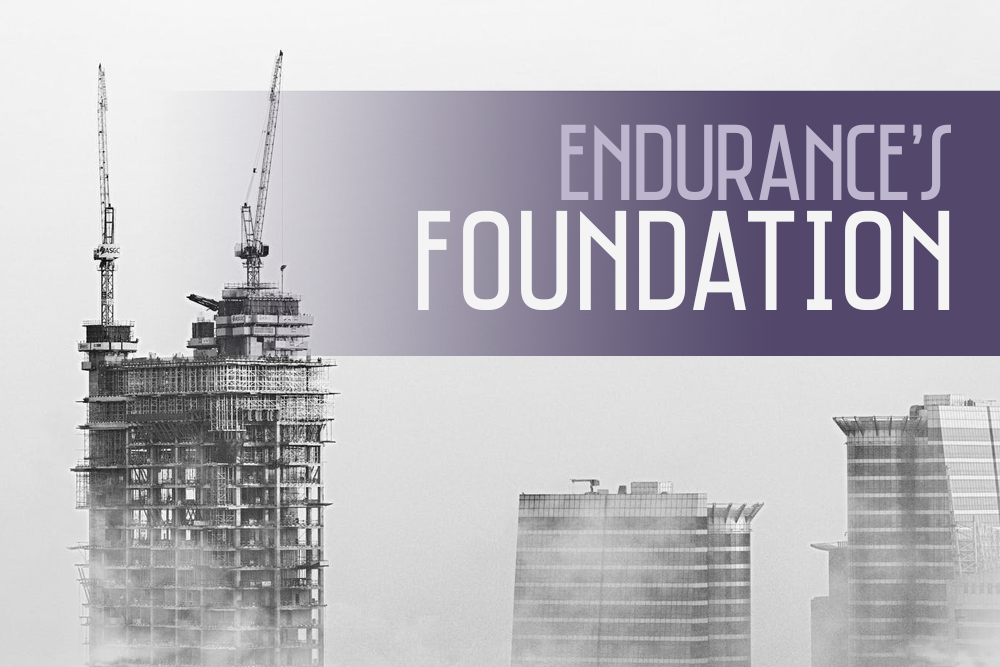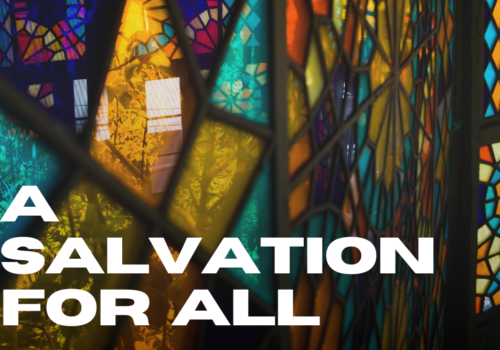“By faith he left Egypt, not being afraid of the anger of the king, for he endured as seeing him who is invisible.”
(Hebrews 11:27 ESV)
From previous posts this month, we learned that endurance is generally translated from the Greek word, hypomonē. However, in this passage endured is from karteréo which is used only here in the New Testament. That coupled with some conflicting thoughts of just which of Moses’ departures the writer was referencing (was it after slaying the Egyptian or leading the Exodus?) could make this passage somewhat confusing.
I found Kenneth Wuest’s explanation most helpful:
Moses’ act of forsaking Egypt referred to here is not that connected with the Exodus, but is his flight consequent upon his killing the Egyptian. The writer states that he did not fear the wrath of Pharaoh. But Ex. 2:15 states that fear was the motive of his flight. This seeming contradiction is cleared up by Expositor’s in the following: “But what is in the writer’s mind is not Pharaoh’s wrath as cause but as consequence of Moses’ abandonment of Egypt. His flight showed that he had finally renounced life at court, and in thus indicating by this decisive action that he was an Israelite, and meant to share with his people, he braved the king’s wrath. This he was strengthened to do because he saw an invisible monarch greater than Pharaoh. Vaughan seems to be the only interpreter who has precisely hit the writer’s meaning: ‘the two fears are different, the one is the fear arising from the discovery of his slaying the Egyptian, the other is the fear of Pharaoh’s anger on discovering his flight. He feared and therefore fled: he feared not, and therefore fled. Having fled and so cutting himself off from all immediate opportunity of helping his people, ekarteresen (he endured), ‘he steadfastly bided his time,’ because he saw the Invisible ….
Not to be missed in personal interpretation, or in agreeing or disagreeing with Wuest, is what empowered Moses’ endurance: seeing Him who is invisible.
Oswald Chambers expounds on such a vision in Called of God:
Patience is not indifference; patience conveys the idea of an immensely strong rock withstanding all onslaughts. The vision of God is the source of patience, because it imparts a moral inspiration. Moses endured, not because he had an ideal of right and duty, but because he had a vision of God. He “endured, as seeing Him Who is invisible.” A man with the vision of God is not devoted to a cause or to any particular issue; he is devoted to God Himself. You always know when the vision is of God because of the inspiration that comes with it; things come with largeness and tonic to the life because everything is energised by God. If God gives you a time spiritually, as He gave His Son actually, of temptation in the wilderness, with no word from Himself at all, endure; and the power to endure is there because you see God.
Thus, a key for our endurance is to not be constrained by the visible but to be released through the invisible.
The ‘invisible’ is the essence of faith (see Hebrews 11:1); and faith is the foundation of endurance.



